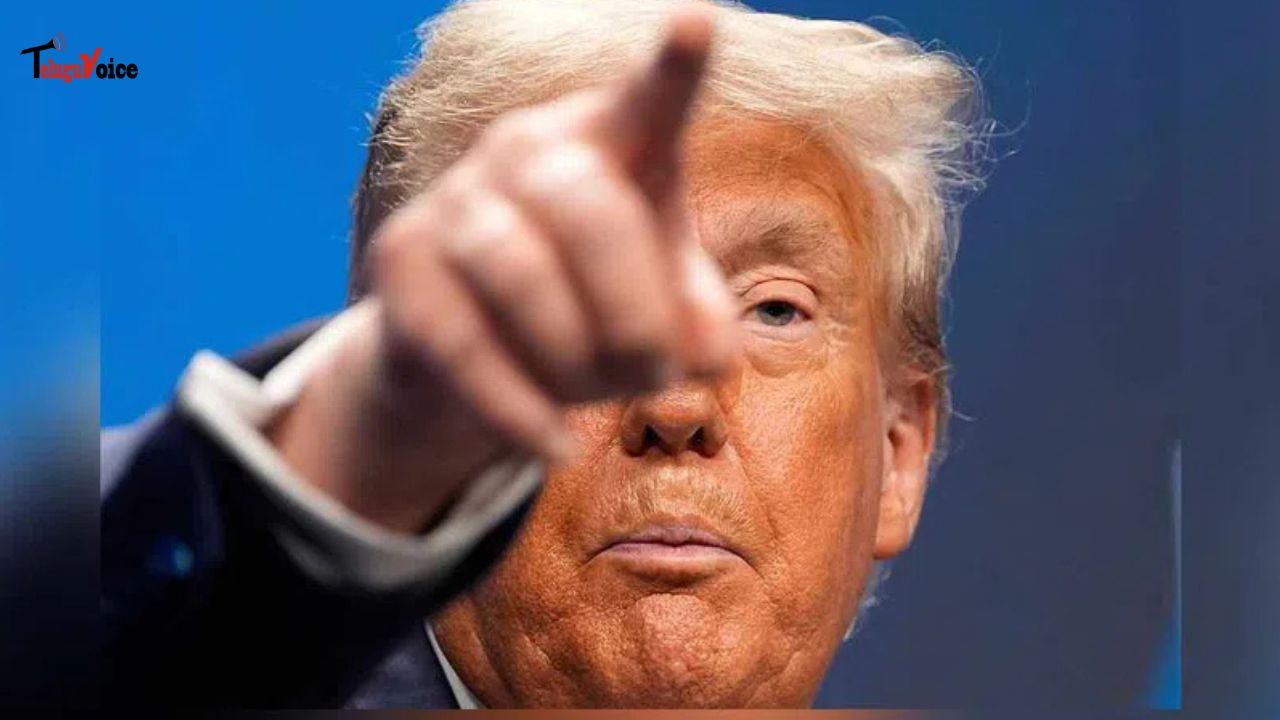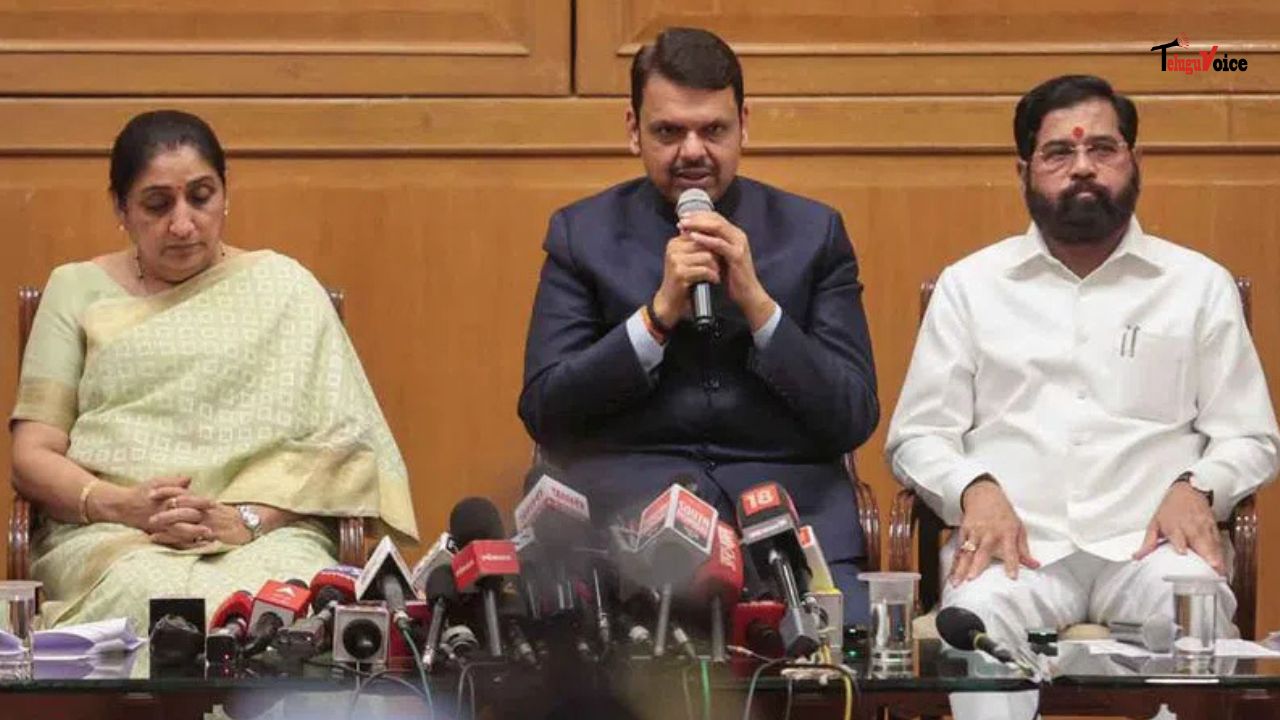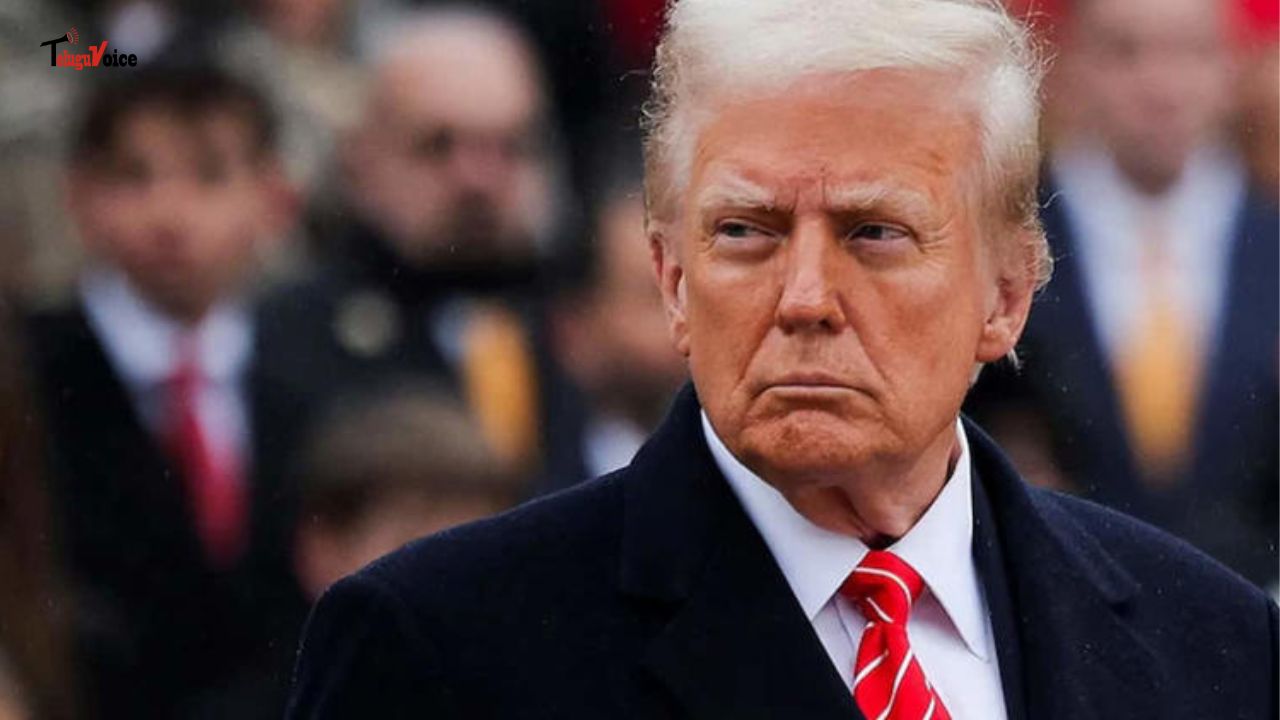Trump’s Impulsive Style: What Psychology Reveals About His Decision-Making

Donald Trump’s emotional outburst following the collapse of an Iran-Israel ceasefire once again raised concerns about his impulsive leadership style. On June 24, Trump openly criticized both nations for undermining a peace deal he claimed to have brokered just the day before. “They don’t know what the f*** they’re doing,” he said, in an unfiltered moment that shocked many.
This incident highlights Trump’s tendency to make rapid, emotionally charged decisions — often without extensive deliberation. Psychologists have long studied this behavior. In particular, Daniel Kahneman’s “Thinking, Fast and Slow” offers insight. Kahneman distinguishes between System 1 (fast, emotional, instinctive thinking) and System 2 (slow, rational, deliberative thinking). Trump often appears to rely almost exclusively on System 1, reacting emotionally and spontaneously rather than thoughtfully.
This approach, while energizing to supporters, has drawbacks. Trump’s style often results in policy volatility and public outbursts, as seen in his unpresidential use of language and quick reversals. Critics argue that such impulsiveness is dangerous, particularly in high-stakes international diplomacy, where calculated strategy is crucial.
Historically, leaders like Theodore Roosevelt advocated for quiet strength — “speak softly and carry a big stick.” Trump, in contrast, wears his frustrations openly, a behavior rooted in the now-outdated frustration-aggression hypothesis. Psychologists today argue that effective leadership requires emotional regulation and rational decision-making.
Trump’s reliance on instinct may reflect his business background, where speed and gut feeling often outweigh consultation. But international relations demand a more tempered approach. As the world faces complex crises, leadership that leans too heavily on emotion without careful analysis risks escalating tensions and undermining diplomatic efforts.

 South Africa tour of India 2019
South Africa tour of India 2019










Comments